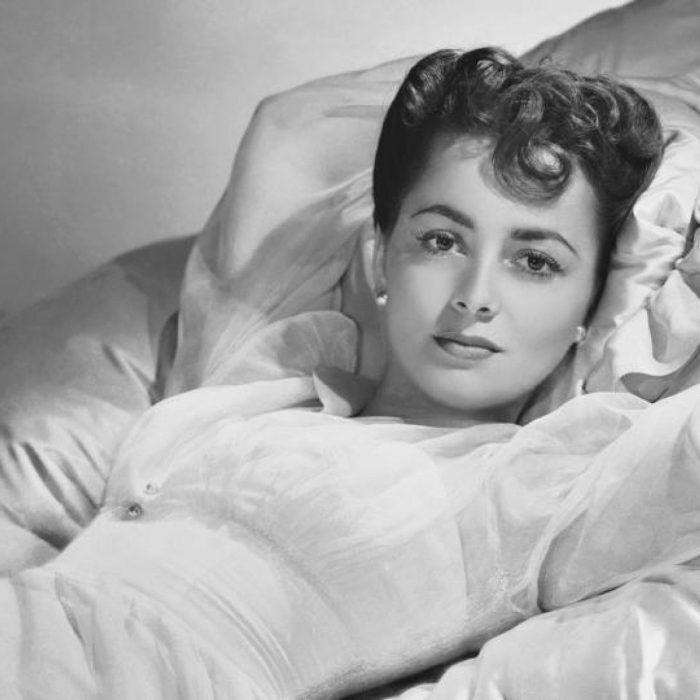The list of amazing and legendary personalities the world lost this year is getting lengthier, and well, 2020 is not famous for being kind. In yet another sad news, Olivia de Havilland, classic star of Hollywood and two-time winner of the Academy Award for Best Actress, died on Saturday.
Publicist Lisa Goldberg said the actress died peacefully of natural causes on Sunday at her home in Paris. She was 104.
The doe-eyed brunette was among the last of the great stars from the studio age and was the last surviving major performer from Gone With the Wind. The sister of actress Joan Fontaine, de Havilland won Oscars for To Each His Own and The Heiress, and appeared with Errol Flynn in several movies, including The Adventures of Robin Hood.
De Havilland built her legacy — one of strong, beguiling characters in difficult circumstances — with her own hands. She rose to prominence in the 1930s as Errol Flynn’s imperiled lass in a series of swashbuckling adventure films like Captain Blood and The Adventures of Robin Hood.
Confident in her abilities and wary of being typecast as the damsel in distress, she waged a legal battle against Warner Bros. when the studio tried to extend her seven-year contract as a penalty for refusing roles. She eventually won, swooping in and saving herself in a landmark ruling that is still known today as the “de Havilland law.”
She thus challenged Hollywood’s right to extend an actor’s contract without consent. This marked her as one of the boldest and courageous actors of the time.
After the lawsuit, she began playing the lead in a string of powerful performance-based dramas. De Havilland earned her first Academy Award for 1946’s To Each His Own, about a mother seeking to reclaim a son she gave up for adoption. The second came three years later, for a devastating performance in The Heiress as a woman who is controlled by her wealthy father and betrayed by her greedy lover but ends up with the last, mocking laugh.
Her unflinching performance as an inmate of a mental institution in the 1948 issue film The Snake Pit was another example of a de Havilland character who, while victimized, refuses to become a victim.
In real life, the actress was proudly liberal though she fought against extremism on both sides of the political spectrum. She battled against the encroachment of Communist sympathy in Hollywood, only to later to be branded a “swimming-pool pink” by Time Magazine and called before the House Committee on Un-American Activities.
De Havilland continued to work in supporting roles throughout the 1970s, making a switch to television in the 1980s and even earning a Golden Globe for her role in the TV movie Anastasia: The Mystery of Anna. Aside from occasional onscreen roles, she lived quietly in Paris and generally shunned the public.
She was often taken as the best example of ‘beauty with brain’. Fans often talked about how graceful and bold she remained. Her funeral will be done in private as per reports.





![The Top & Most Popular Seafood Bucket Restaurants in Dubai for you [Never Miss]](https://cdn-bcaic.nitrocdn.com/xbqiknhylajlKDYOliCLZeRuxPCWDGHz/assets/images/optimized/rev-b04d989/uae24x7.com/wp-content/uploads/2020/09/8-seafood-in-a-bucket-scaled-e1600739237403.jpg)